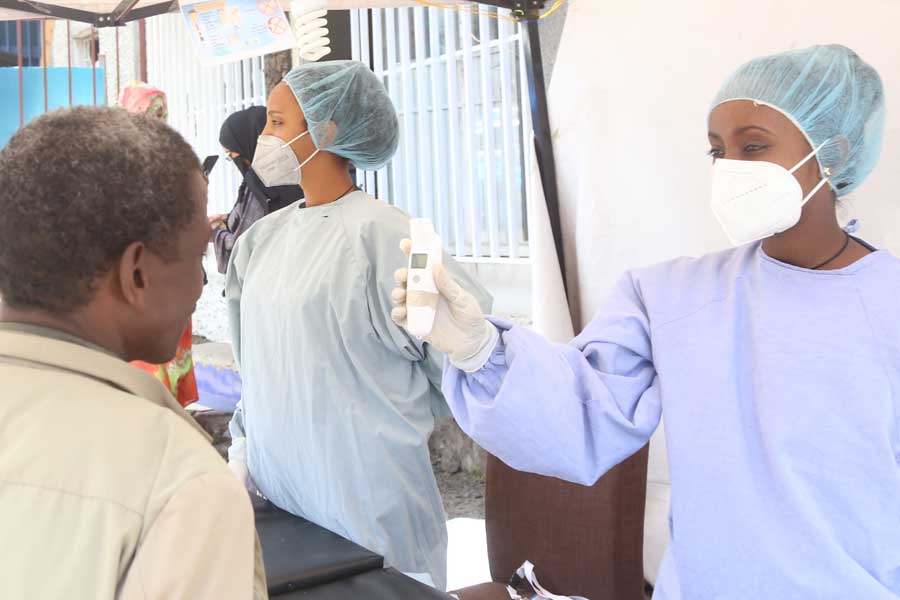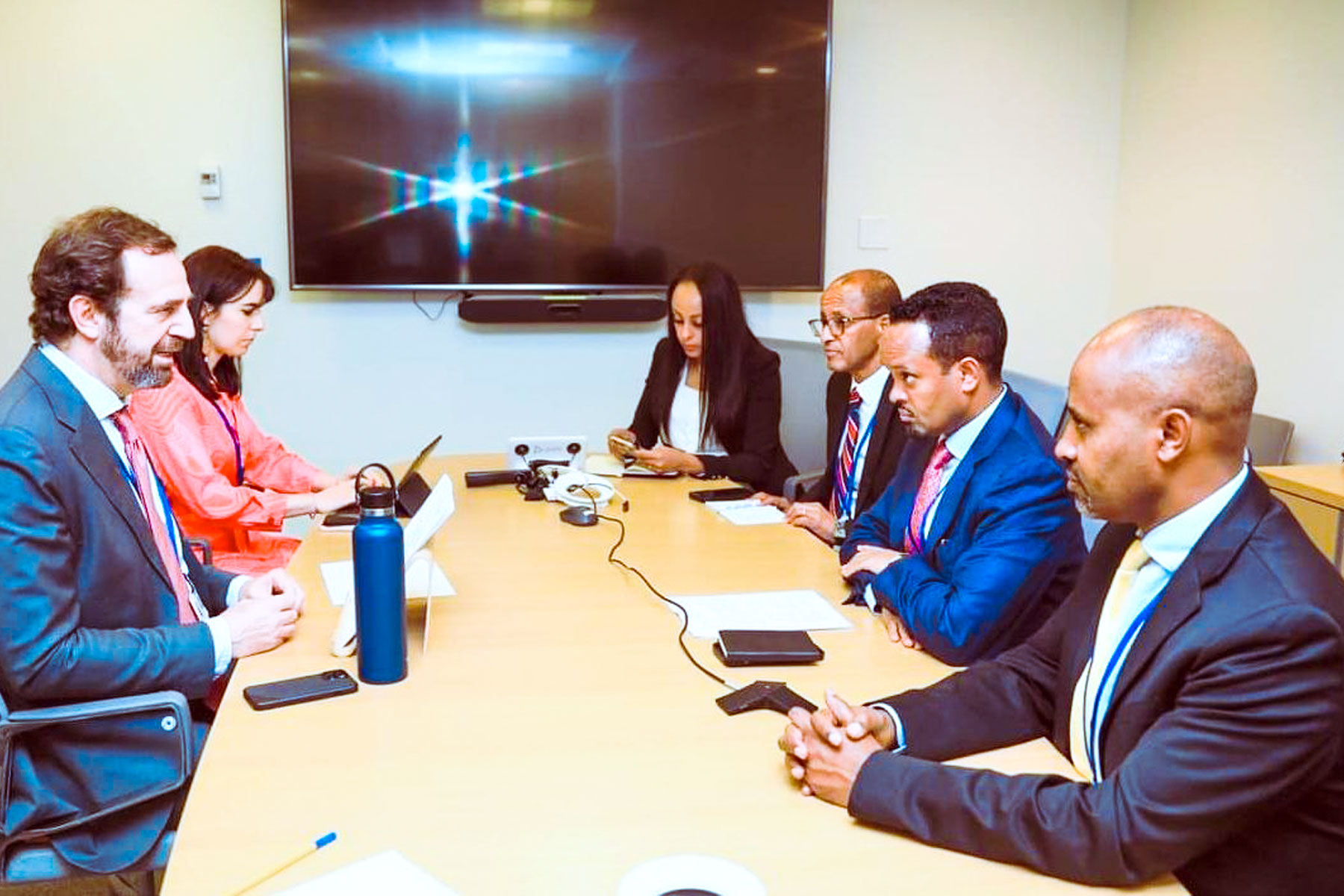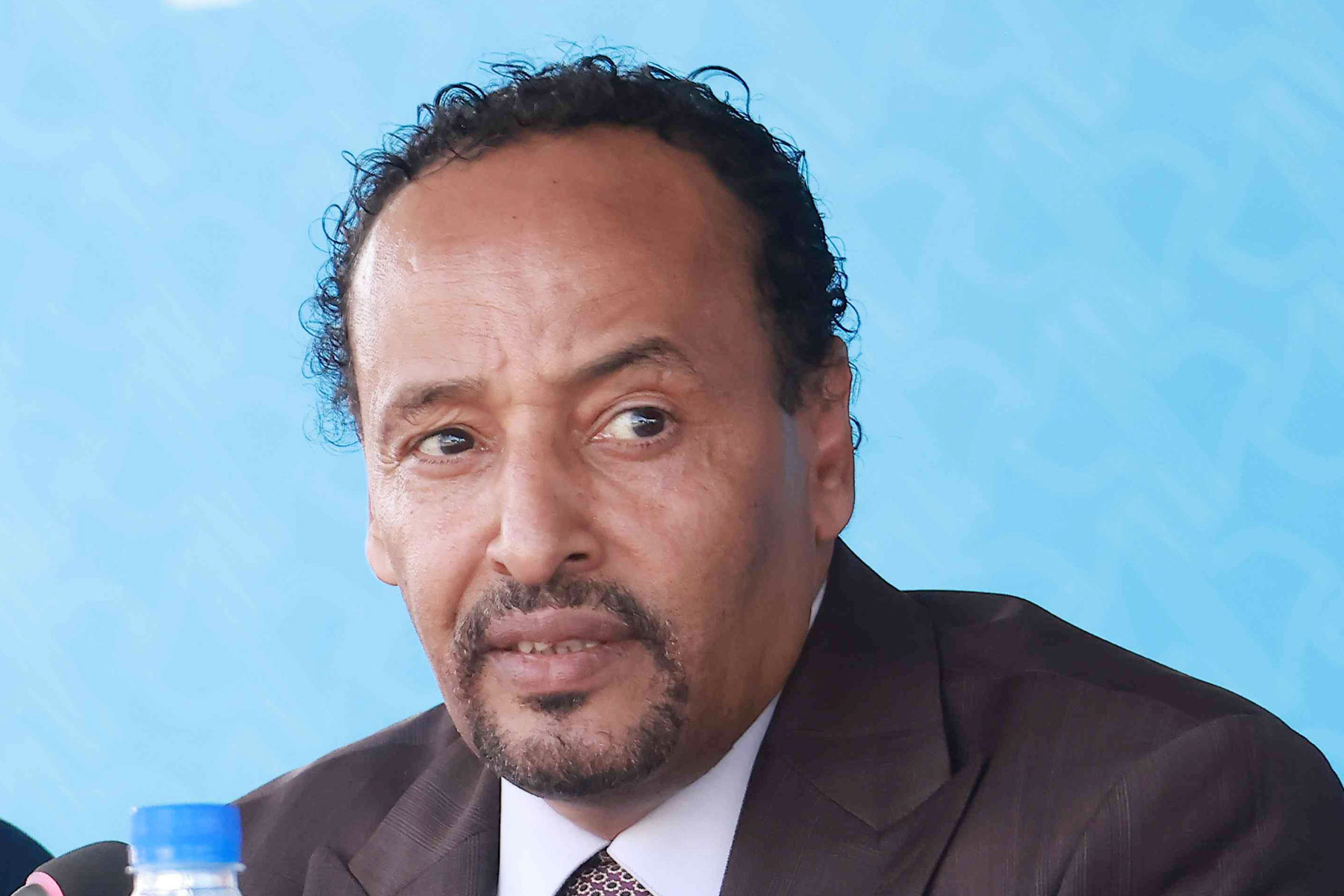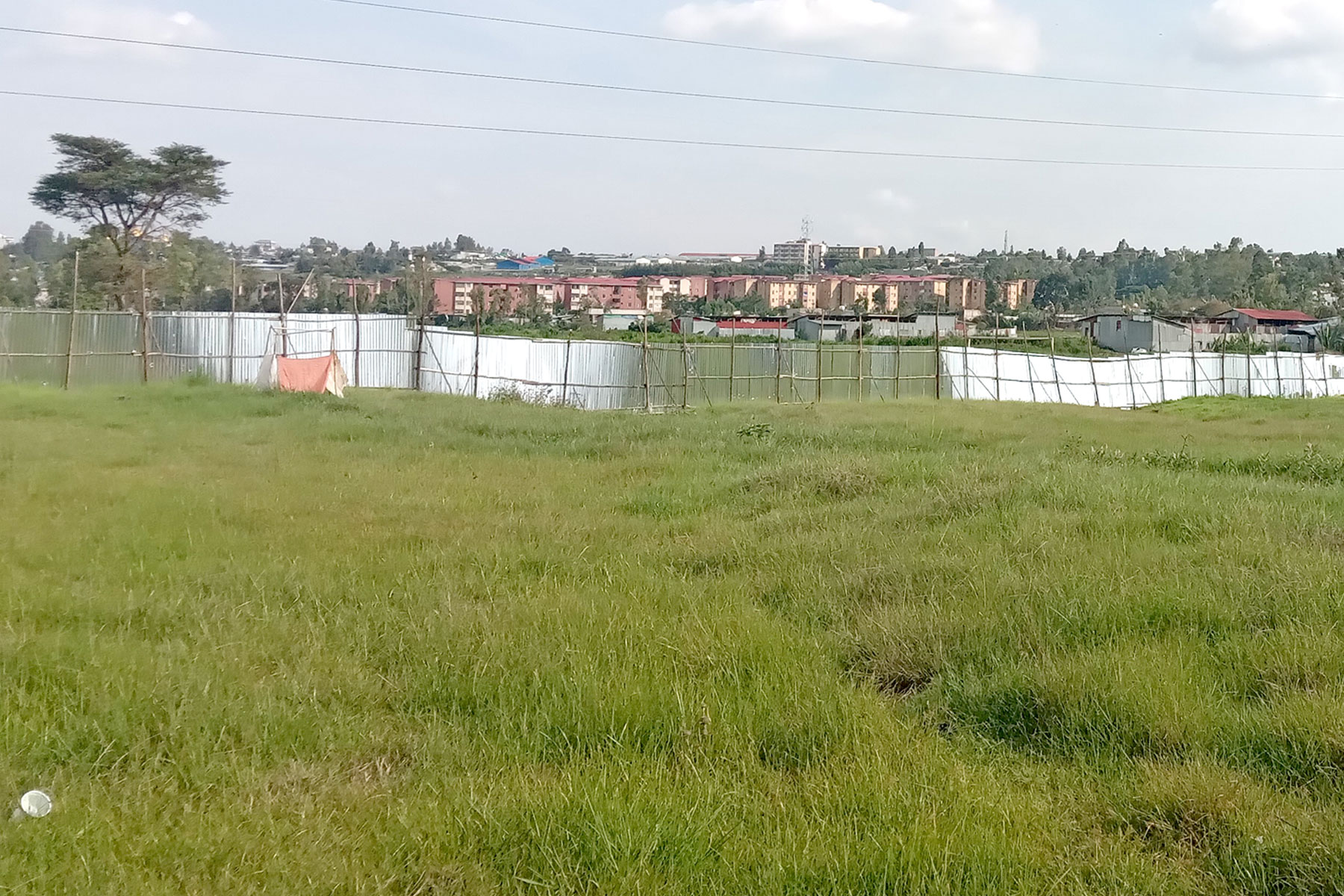
Radar | Oct 19,2019
Feb 1 , 2020.
If there is anyone in the pundit circles who understands the political phenomenon that is evolving in Ethiopia today, Alex de Waal (PhD) can hardly be matched in his foresight. A long time observer of politics in the Horn of Africa, with a profound knowledge of all things Ethiopia, he is credited with developing a tool to analyse countries through the "political marketplace" framework.
De Waal observes that a country reaches a political marketplace when politicians are determined to buy loyalty or cooperation through monetised patronage. Inter-personal political bargains replace formal rules and procedures; the political elite is keen to collect rent from their counterparts in the business circle; and, domestic political entrepreneurs integrate themselves into a global patronage order.
He would have been speechless to observe how much the soul of Ethiopia's political culture transformed from the heavily ideological manner defined by a half century process to the highly transactional character it has come to be now. This change in the political culture will be far more consequential in the years ahead than the attention, and the scrutiny, it receives today.
For instance, hosting over 2,000 of its rank and file members in Adama (Nazareth) for what was described as training, scheduled for two weeks, should be no small bill for the Prosperity Party (PP). The “training”, the first under the brand of the new Prosperity Party, was held ahead of highly-anticipated, not to mention anxiety-inducing, national elections.
Two things are evident. The elections are in full gear, although official campaigning, for which there is ample tentative time allowed between May and August, has not yet started. But from the incumbent to opposition political parties, there are informal efforts, in the form of town hall meetings, gatherings and fundraising platforms, across the country and even in the diaspora.
It is also becoming apparent that there is a significant disparity between the resources at the disposal of political parties. Contrast the 3.2 billion Br fundraising effort by the Prosperity Party to the 500 million Br ambition the Ethiopian Citizens for Social Justice Party has developed to finance its electoral campaign. This should not be surprising. Some are demonstrating themselves to have deep pockets than many others that can successfully be utilised to monopolise the political space.
This can best be demonstrated with the Adama convening of PP's rank and file. Considering accommodations, logistics and venue rentals for thousands of people as well as the organisational effort this would require, the incumbent is setting itself up for a hefty bill. But given that the party has inherited the networks and resources of the EPRDF, except for TPLF’s share, which is yet to be negotiated, it is evident that financial and human resources will not be its primary headache.
Add to this the incumbency advantage PP enjoys, despite its criticism of such behaviour in previous regimes. It continues to utilise state resources and institutions, such as the public media, for partisan purposes. Perhaps the most striking evidence of this was the amount of free airtime awarded by almost every state-run media to promote Abiy’s book, Medemer, which was, arguably, a political-campaign book al carte Barack Obama's "The Audacity of Hope".
To a lesser degree, to counteract the incumbent’s advantage when it comes to resources, several opposition parties are campaigning among the diaspora to secure much-needed cash to put up a formidable challenge in the elections. They are looking to the well off and those in privileged positions to give them the advantage that mere grassroots campaigning will not afford them.
The dynamics that money will bring to the table can negatively impact the elections. Easily and quickly. It contradicts the spirit of democracy, which is that parties and individuals compete for the vote of the electorate on a level playing field. When money is introduced into the picture, this playing field is greatly distorted in favour of the few.
More worrisome should be the evolution of the political space to one defined by market forces and political entrepreneurs. De Waal warns that for development to persist in such an environment: state-building becomes harder, and not easier; mass killings such as in civil wars decline, but volatilities increase; international security cooperation appears to sustain, or even generate, the insecurity that justifies its continuation; and, identity markers are becoming more salient while elders, tribal authorities and religious leaders are losing their status.
The toughest challenge for the political leaders, de Waal says, is in striking a delicate balance in the relationship between the "political budget" and the "price of loyalty." The first is about funds available to the ruler for discretionary spending to ensure the loyalty of members of the political elite; and, the second, the prevailing market rate for ensuring the allegiance or cooperation for a period of time or a particular activity.
Outcomes of elections thus will be determined in large part by who, among the political entrepreneurs, mobilises the largest fund and muster the ability to manage expectations while transacting in the process of buying loyalty.
Nonetheless, no matter the direction of influence, it is voters that will find themselves at the short end of the stick. The disparity between the resources of various parties presents a significant problem that mere credible elections cannot address. People may be free to cast votes at the ballot boxes, and the Electoral Board may be competent and neutral to guarantee results will not be swindled. But it is much challenging to assure that parties with popular platforms, and yet small resources at their disposal, will get the political space that voters are willing to afford them.
There thus needs to be safeguards to ensure that the elections can be as fair as it will be credible. This can start with limiting the amount of money each individual and company can give to political parties in the form of donations or grants. This will be a democratic way of ensuring that parties' resources match their support base, and they depend on their voters for their existence. It allows them to focus on growing their support instead of chasing after rich people's purses and wallets domestically and globally.
The recently amended electoral and political parties’ proclamation empowers the Electoral Board to do this. The Board has yet to do this, however, even in the face of large chunks of capital flowing into political parties' bank accounts.
Making the audited personal finances of candidates running for office and the spending the political parties are making a requirement can also go a long way. Although political parties are required to be audited, this additional safeguard can help in curbing the money that comes through the backdoor of political parties.
Democracy is tricky for the same reason that it requires a balance between what is allowed and the subtle ways through which this right can be regulated for the wellbeing of the system by ensuring voters get what they have settled for. In this case, it is the balance between the freedom to organise, campaign and run for office and the limits that have to be set to ensure that the few do not disproportionately influence the political space through their bank accounts.
The erosion of formal and institutional rules in intermediating contestations for political power will no doubt undermine the legitimacy of the political force that claims to have been voted in to rule. This has been at the core of the political crisis, and leadership paralysis resulted in the ascendancy to power of Abiy and company. It is wise not to lose sight of this fact.
PUBLISHED ON
Feb 01,2020 [ VOL
20 , NO
1031]

Radar | Oct 19,2019

Viewpoints | Dec 29,2018

Radar | Nov 09,2019

Fortune News | Sep 26,2021

Radar | Dec 19,2020

Fortune News | Apr 12,2020

Radar | Oct 28,2023

Editorial | Oct 16,2021

Fortune News | Jan 25,2020

My Opinion | Feb 20,2021

Photo Gallery | 96506 Views | May 06,2019

Photo Gallery | 88787 Views | Apr 26,2019

My Opinion | 67120 Views | Aug 14,2021

Commentaries | 65747 Views | Oct 02,2021

Feb 24 , 2024 . By MUNIR SHEMSU
Abel Yeshitila, a real estate developer with a 12-year track record, finds himself unable to sell homes in his latest venture. Despite slash...

Feb 10 , 2024 . By MUNIR SHEMSU
In his last week's address to Parliament, Prime Minister Abiy Ahmed (PhD) painted a picture of an economy...

Jan 7 , 2024
In the realm of international finance and diplomacy, few cities hold the distinction that Addis Abeba doe...

Sep 30 , 2023 . By AKSAH ITALO
On a chilly morning outside Ke'Geberew Market, Yeshi Chane, a 35-year-old mother cradling her seven-month-old baby, stands amidst the throng...

Apr 20 , 2024
Ethiopia's economic reform negotiations with the International Monetary Fund (IMF) are in their fourth round, taking place in Washington, D...

Apr 20 , 2024 . By BERSABEH GEBRE
An undercurrent of controversy surrounds the appointment of founding members of Amhara Bank after regulat...

An ambitious cooperative housing initiative designed to provide thousands with affordable homes is mired...

Apr 20 , 2024 . By AKSAH ITALO
Ethiopia's juice manufacturers confront formidable economic challenges following the reclassification of...